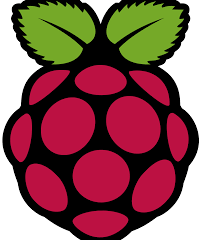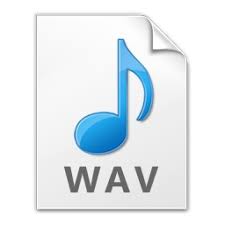Debugging Segmentation Faults with Clang
I wanted to provide an easy to use Arduino Audio Decoding Library based on libhelix. Unfortunately the ESP32 was crashing w/o any stacktrace and on the desktop it was the first time I was running into Segmentation Faults. I tried to resolve the issue with the help of Google where I found the recommendation to use valgrind to debug the code So I used my Arduino Emulator to debug the code on my McBook and Read more…




